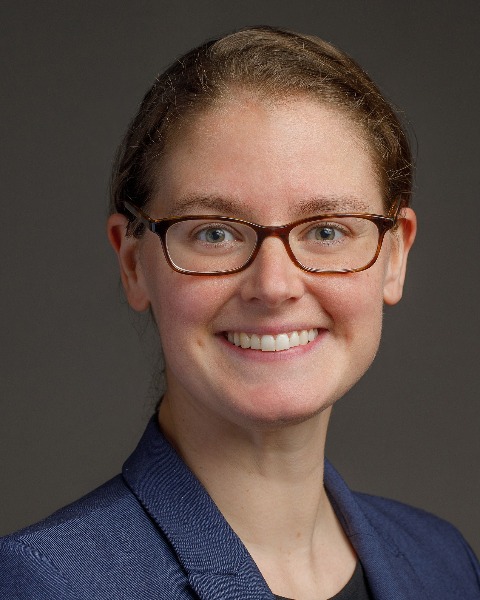Live Workshops
Subspecialty C-L
Uncovering the Unconscious: An Examination of Individual and Structural Inequities in Solid Organ Transplantation

Christine Annibali, MD (she/her/hers)
Clinical Assistant Professor of Clinical Psychiatry
Perelman School of Medicine, University of Pennsylvania
Philadelphia, Pennsylvania
Miyuki Fukui, MD (she/her/hers)
Clinical Assistant Professor of Psychiatry and the Behavioral Sciences
Keck School of Medicine of University of Southern California, California
Brooke Lifland, MD (she/her/hers)
Clinical Assistant Professor of Psychiatry and the Behavioral Sciences
Keck School of Medicine of USC
SOUTH PASADENA, California
Kelly Park, MD
Fellow
Yale
Los Angeles, California
Robert Weinrieb, MD, FACLP
Program Director, CL Fellowship
University of Pennsylvania Perelman School of Medicine
Philadelphia, Pennsylvania
Lead Speaker(s)
Speaker(s)
Moderator/Discussant(s)
Over 100,000 patients are listed for solid organ transplant in the United States as of January 2023 and yet only 40,000 receive an organ every year (U.S. OPTN). Over 8,000 people per year die because they are unable to receive an organ transplant in time. This has created an environment in which hospital systems preferentially select patients for organ transplantation based on criteria that are ostensibly designed to optimize post-transplant outcomes. Transplant psychiatrists are called upon to assess the social, financial, and psychological risks that may impact transplant outcomes for their patients while also navigating the emotional toll of risk-stratifying patients based on criteria that may be out of their patients’ control. Despite validated tools that attempt to bring objectivity to transplant evaluations, factors such as implicit bias and structural barriers to care further perpetuate inequities within the evaluation process (Deutsch-Link et al. 2023; FitzGerald and Hurst 2017).
In this interactive symposium, we will describe both individual and system-level structures of care that precipitate and perpetuate inequity, highlighting the specific impacts of these policies on our patients. We will integrate information from the fields of ethics and social sciences to provide a view that looks beyond medicine for possible solutions to these inequities, while integrating these theories with clinical scenarios in order to propose pragmatic solutions.
This workshop will be moderated by Dr. Robert Weinrieb. We will be emphasizing audience participation and applying concepts to clinical cases.
Dr. Brooke Lifland will provide background information regarding inequities in solid organ transplant and present a troubling case of a patient with end-stage liver disease whose listing for liver transplant was fraught with ethical and medical challenges.
Dr. Miyuki Fukui will continue with a discussion of the dynamics of unconscious bias that are at play in the medical setting, and how we could address these within ourselves, our colleagues, and society.
Dr. Christine Annibali will describe how inequity expands beyond individual physicians to encompass structures and processes of care.
Dr. Kelly Park will describe how inequities are perpetuated by the transplant evaluation process, and will propose levels of intervention to address individual and structural issues that exist in solid organ transplantation.
The first 60 minutes of this symposium will be an interactive didactic session. Participation will be encouraged by polling key questions and integrating small group discussions. We will conclude the workshop with 30 minutes of active discussion during which we invite the audience to contribute their own experiences with confronting inequities.
References
U.S. Organ Procurement and Transplantation Network (OPTN). National Data - Overall by Organ. Department of Health and Human Services, Health Resources and Services Administration, Healthcare Systems Bureau, Division of Transplantation, Rockville, MD; United Network for Organ Sharing, Richmond, VA; University Renal Research and Education Association, Ann Arbor, MI. https://unos.org/data/
Deutsch-Link S et al., Racial and ethnic disparities in psychosocial evaluation and liver transplant waitlisting. American Journal of Transplantation.
FitzGerald C, Hurst S. Implicit bias in healthcare professionals: a systematic review. BMC Med Ethics. 2017;18(1):19.
Learning Objectives:
- Clarify the scope and impact of individual and structural inequity that is present in solid organ transplantation
- Discuss different biases - particularly implicit bias and structural bias - that perpetuate inequities in solid organ transplantation
- Brainstorm strategies for rectifying individual and structural inequities in solid organ transplantation

